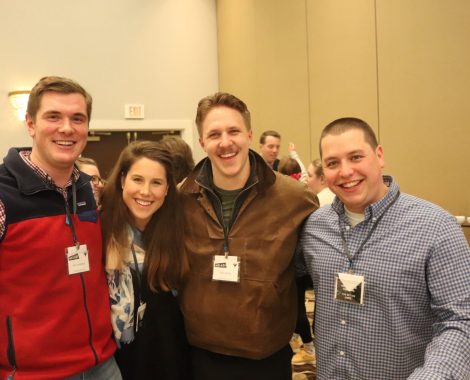Classification of Volunteers
There are two categories of volunteers: High-Access and Low-Access. The category of volunteer determines the level of screening, training, and supervision the volunteer requires.
*If uncertain whether a particular volunteer opportunity is High-Access or Low-Access, pick High-Access because this category provides the greatest protection for consumers and for your organization.
High-Access Volunteers
High-Access Volunteers typically interact often or over an extended period with consumers. Such volunteers may be readily known to consumers under their supervision and to other volunteers and employees in the program. They may also supervise consumers with or without an employee present. High-Access Volunteers may carry a substantial amount of responsibility in a program serving consumers and such volunteers may have opportunities to develop relationships with consumers over time.
Examples of High-Access
Volunteers include a volunteer program instructor, a regularly scheduled volunteer coach, or a mentor for a consumer.
Recommended High-Access Volunteer screening process:
• An application with the Code of Conduct attached;
• In-person interview with behaviorally based interview questions;
• References; and
• A multi-state criminal background check and national sex offender registry check.
Recommended High-Access Volunteer training process:
• Initial Abuse Prevention Training required of employees in similar position; and
• Annual Abuse Prevention Training required of employees in similar position.
Low Access Volunteers
Low Access Volunteers typically interact with consumers only in line-of-sight of an employee and only infrequently. Such volunteer might be a parent/guardian who is helping at a onetime event, or someone who only works with adults, not consumers. Low Access Volunteers may not be known by the consumers in the program or to other volunteers and employees. Low Access/Occasional Volunteers have limited access to consumers and have few opportunities to develop relationships with consumers over time.
Examples of Low Access Volunteers include a one-time event volunteer (such as for a fun run), parents/guardians who assist at a program where their child is a participant, a volunteer who works strictly with adults outside of the organization’s property, a volunteer who helps with business activities and does not interact with consumers, or a board member.
Recommended Low Access Volunteer screening and training process:
• A national sex offender registry check.
• Provide volunteer with the organization’s Code of Conduct; and
• Review of abuse prevention policies

